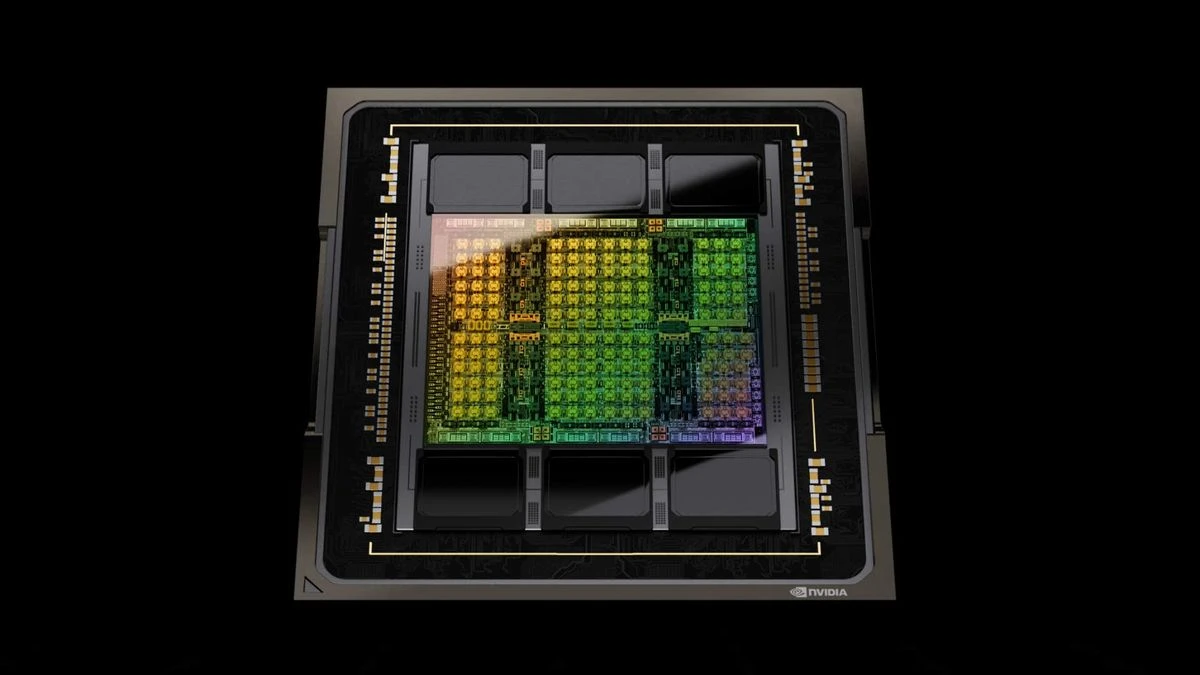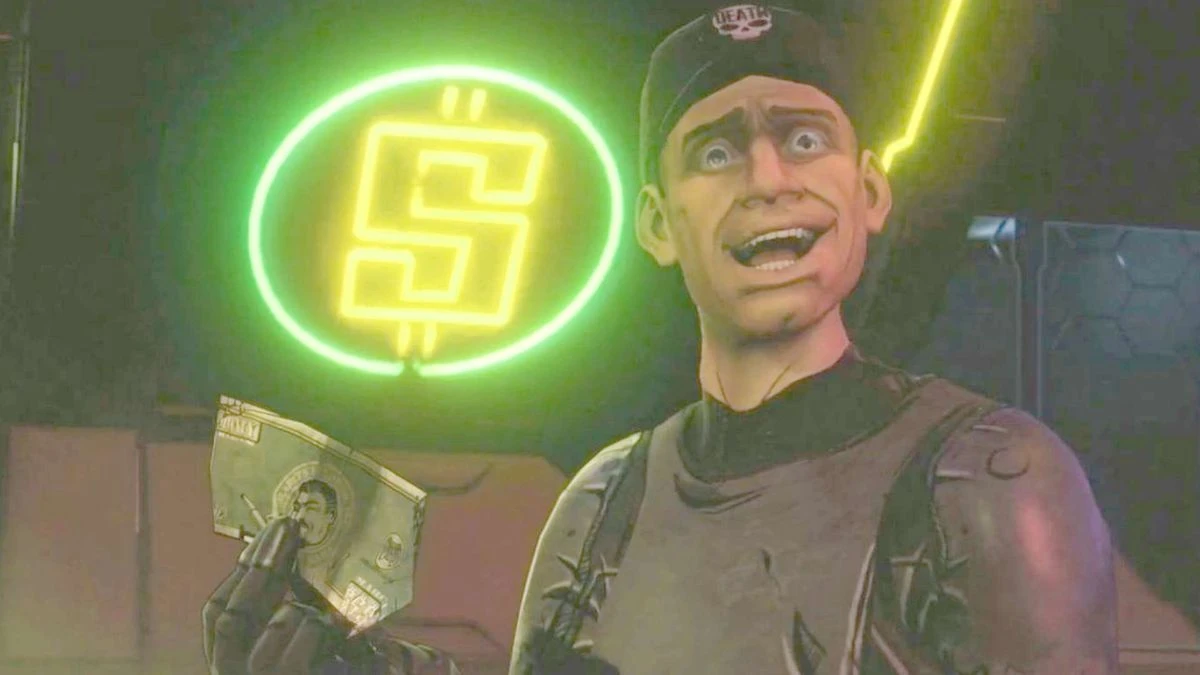US Department of Justice takes Nvidia seriously as it issues subpoenas for anti-competitive AI practice probe
The US Department of Justice has launched an investigation to determine if Nvidia is being fair with its AI chip. Nvidia, along with other companies, have reportedly received subpoenas to determine if customers who purchase AI hardware from alternative vendors are penalised.
Bloomberg reports that DoJ officials sent questionnaires both to Nvidia and to its customers. Bloomberg reports that the DoJ has now escalated their investigations to include legally binding subpoenas.
The report does not go into detail about how Nvidia could "punish" its customers if they choose to use alternative suppliers of AI chips. Nvidia's stranglehold over the market for GPUs that are used to accelerate AI inferencing and training is so strong, it's easy to imagine how, if they were to withhold supply or increase prices, this would be very painful for customers.
The DoJ is worried that Nvidia practices make it harder for customers who want to switch suppliers. This, in turn, undermines the competition in the market. Nvidia responded by telling Bloomberg that "Nvidia is a winner on merit as shown in our benchmark results, and value for customers, who are free to choose the best solution for themselves."
Bloomberg reports that Nvidia H100 AI chips are selling for up to $90,000. This puts the $1,600 MSRP for the RTX 4090 in perspective. The net result for Nvidia is massive revenues, with a forecast for $120 billion in 2024. This compares to revenues as low as $16 billion in 2020.
Nvidia's AI mastery has lost some of its shine in recent months. In recent weeks, its share price has been in decline. It fell from a high of $130 on 19 August to $108 today. The company's market capitalization fell by $279 billion just on Tuesday of this week.
These adjustments came as AI hype has cooled. It's not yet clear how the latest AI models will translate into revenue streams. AMD and other competitors in the AI hardware market are finally taking action. Nvidia's near monopoly won't last forever.
This last observation is probably why Nvidia is involved in the sharp practices that the DoJ is concerned about. This kind of behavior is not new in the tech industry.
Intel, for example, has been the subject of numerous antitrust investigations in the US and EU over the years. It's not unusual for powerful incumbents, who are accustomed to a high level of profits and market dominance, to become addicted.
This latest DoJ investigation will likely reveal whether Nvidia has engaged in such practices. Anyone can guess what impact this will have on the real issue, which is the high GPU prices for gamers.




Comments